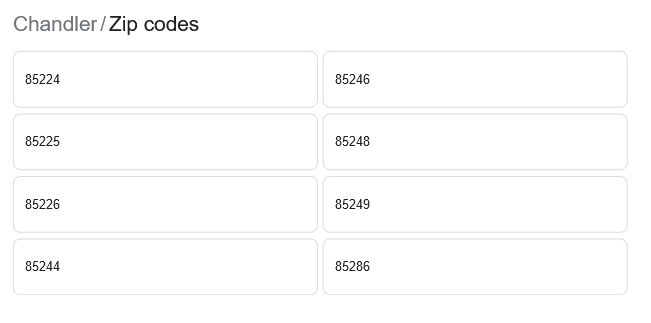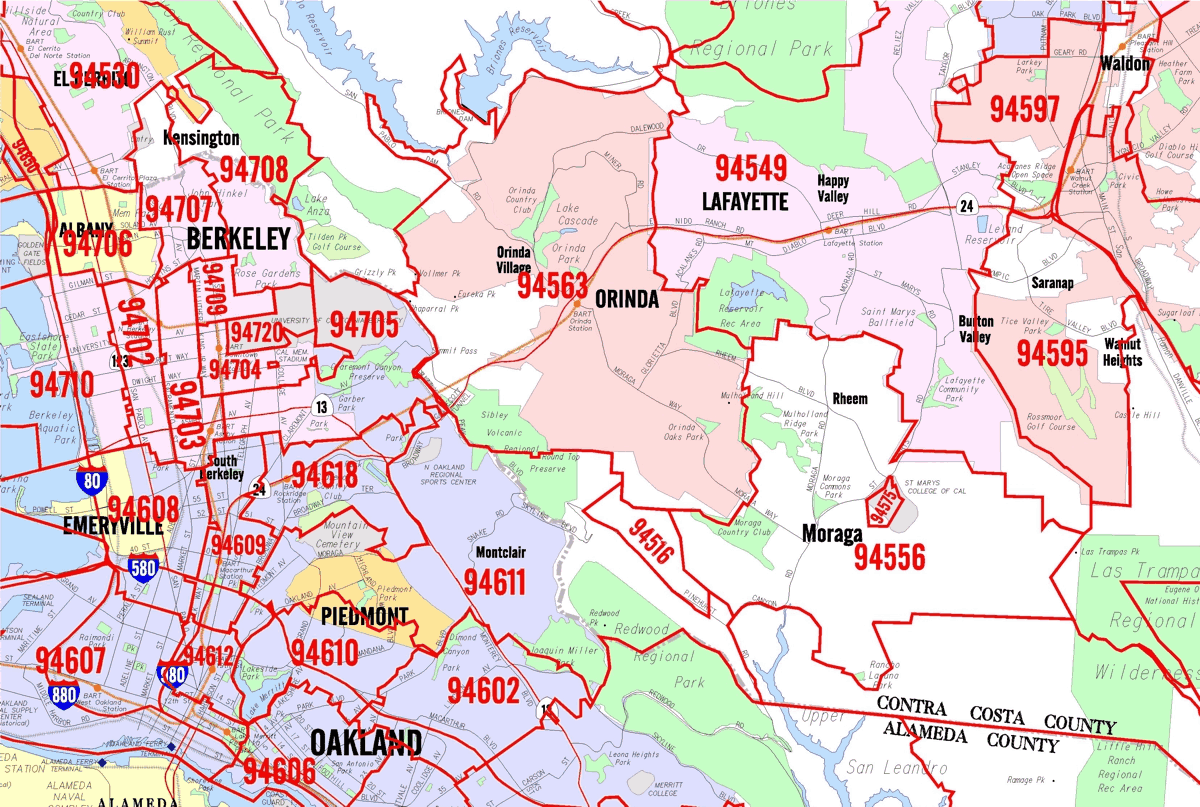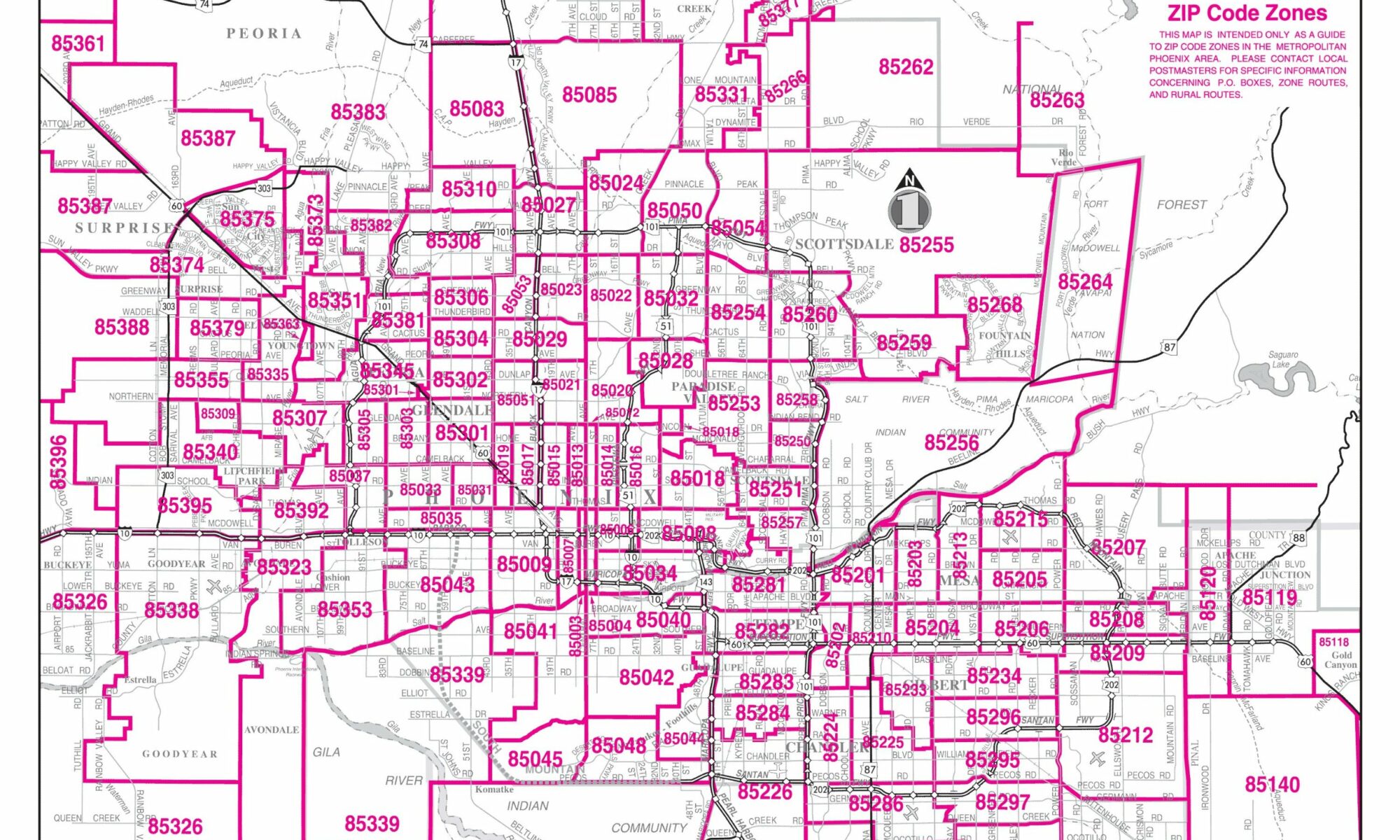ZIP codes are a systematic method for sorting and delivering mail across the United States, ensuring efficiency and accuracy. These numerical codes represent specific geographic regions, streamlining the process of mail distribution.

The Anatomy of a ZIP Code
Each ZIP code is a five-digit number, where each digit has its significance. The first digit denotes a group of U.S. states, and the second and third digits pinpoint a region within that group—typically, a central postal processing facility. The fourth and fifth digits further narrow down the location to a post office or delivery area.
ZIP+4: The Next Level of Precision
Later, a ZIP+4 system was introduced. This extension includes the basic five-digit code followed by a hyphen and four additional digits. These extra numbers offer an even more precise location, like a specific building or apartment complex.
The Role of ZIP Codes in Modern Logistics
ZIP codes have transcended their original postal purposes. They are now pivotal in demographic profiling, route planning for delivery services, and even in determining insurance rates or property taxes.
Navigating Through ZIP Code Boundaries
ZIP codes do not necessarily follow state or county boundaries; they are crafted based on the logistical requirements of the postal service, and they can cross political borders to facilitate mail delivery.
Impact on Businesses and Services
ZIP codes can be essential tools for business market segmentation and planning. They allow for targeted marketing campaigns and service offerings to specific areas.

Conclusion
ZIP codes are essential to the postal service, ensuring that mail is delivered promptly and accurately. They also play a significant role in various aspects of business and service planning. As we continue to evolve digitally, the importance of ZIP codes remains undiminished. They provide a structured approach to an otherwise complex geographical identification and organization process.
